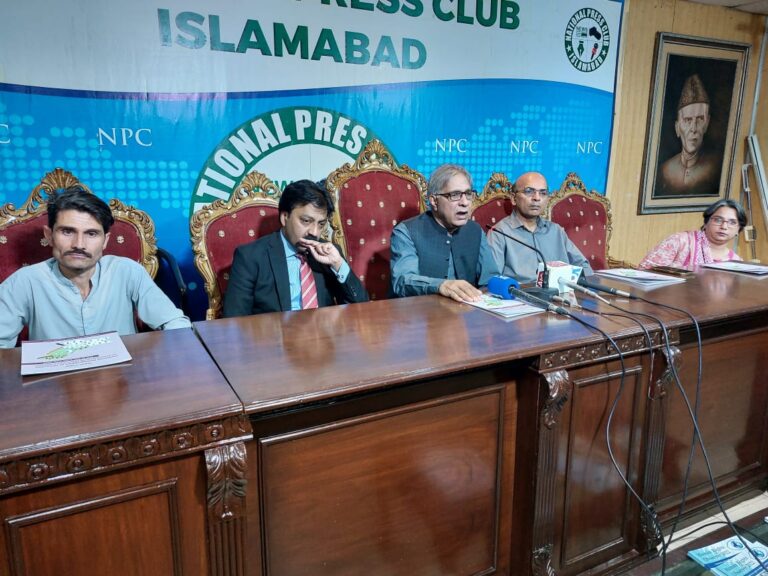
A Lahore-based rights group has highlighted inconsistencies while comparing data on Pakistan’s religious minorities as per the latest census with the government department responsible for identification documents.
“Confusing Demographics of Minorities,” a white paper prepared by the Center for Social Justice (CSJ), assessed data from the sixth population census, taken in 2017, which has been disputed by several political parties, minority groups and the transgender community.
Read more: Minority groups demand legitimate census
“The National Database and Registration Authority (NADRA) offers a broad choice to citizens to self-identify their religious orientation, hence 18 faith identity categories of citizens emerge. The census data restricts the choice to six and a maximum nine categories. It means disregard for minor minorities (Baha’i, Kalash, Jews, Buddhist, etc.) whose data is clubbed together as ‘Others’,” the white paper states.
“The 2017 census data shows the astonishing trends of population growth of religious minorities in Pakistan. Christians were shown to have grown by 25.71 percent (0.55 million), while Hindus grew by 70.62 percent (1.48 million).
“The population of some of the religious minorities was shown diametrically different from the average growth in the country (exponentially high in some and low in others), which made religious minorities reject the result of the 2017 census.
“The data provided by NADRA, the next biggest secondary source, in March 2022 had 1,873,348 Christian and 2,201,566 Hindus. The trends in average/annual population growth and registration with NADRA vary hugely among various faith communities, which is a cause of concern for religious minorities. No government entity has examined the causes and addressed these concerns so far.”
The CSJ introduced the white paper at a June 7 media conference expressing apprehension regarding the lack of preparedness for the next census scheduled for August.
Read more: Rights group calls for postponing Census 2022
The speakers proposed training staff and enumerators to ensure the correct count of the entire population with their religious, ethnic, gender or racial identity and engage local civil society organizations/volunteers to assist enumerators in all areas in general and in minority communities in particular.
They also recommended crafting right questions to generate “good” data, including stratified and segregated development indicators, usable by policymakers and social scientists for better analysis of the quantity and quality of the population.
“The mistrust created by the population census of 2017 could only be treated by participatory accountability and transparent conduct of the population census,” said Peter Jacob, executive director of the CSJ.
He urged the government to involve non-government stakeholders to build trust and avoid controversies in the census process in 2022.
Albert David, a member of the National Commission for Minorities, said the vocabulary used by the Pakistan Bureau of Statistics and the NADRA must be coherent and consistent.
“One uses ‘Mukhanas’ for transgender while the other uses ‘Khawaja Sara.’ There is a general concern among Christians that their numbers have hugely been underreported, which has an impact on their socioeconomic and political rights. The culture of secrecy observed in data processing must end,” he said.